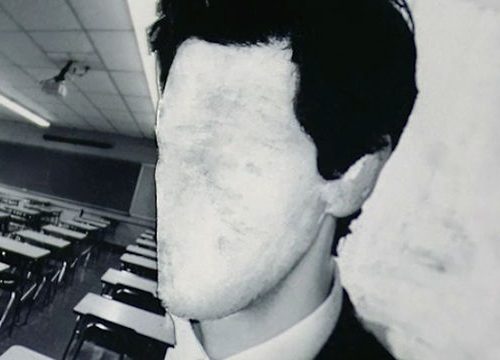Blog Post 3: The Challenges of Work Placement
In this blog post I will focus in on one of the most challenging aspects of my placement with the Belfast based production company Strident Media. This challenge has been my ability to successfully integrate into an established team when out on a real world TV shoot with the company. I will critically analyse my performance at adapting to this challenge, and will reflect on what I have learned by going through a difficult element of working in the production industry. Ultimately, I want to understand the lessons I can take away in order to be better prepared for similar scenarios in the future. This critical analysis will be conducted through the lens of Gibbs Reflective Cycle (1988), as it provides an appropriate framework that will allow me to breakdown the individual elements of how and why I found this situation challenging.
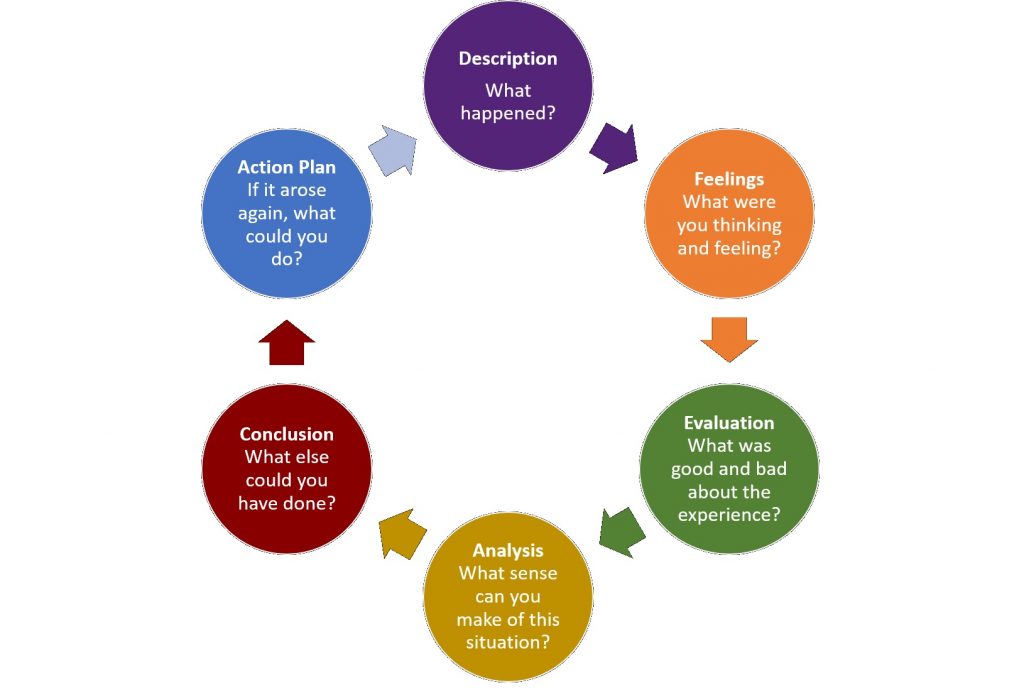
Going Out on Real World TV Shoot
Description and Feeling: My placement with Strident Media has involved me doing an array of activities on the pre-production side of project development. I’ve been in the company’s office every Wednesday helping with idea generation, logging of footage, listening in on key production meetings etc. I’ve also had the opportunity to go out on a real world shoot with the rest of the crew in order to gain valuable experience of how a TV production is made. This turned out to be the most challenging yet ultimately rewarding thing that I’ve done with the company.

The five day shoot that I was asked to be a part of was for a property show that will be airing on RTE later this year, and I was assigned the role of researcher/runner. Before I went on the shoot I was extremely nervous about how I was going to perform as it was the first time I was going to be a part of a professional shoot. I was given a call sheet prior to heading away (a document that contains all the information of where and when the crew needs to be), and this really made me doubt my ability to cope with what was expected of me when I saw it laid out on paper.
My main role was to drive the contributors taking part in the show from their home in Dublin to Galway in a rented seven seater people carrier, and then spend the rest of the days navigating to various shooting locations in the Galway region. I was instructed to then help out on set with any “random” tasks that would need to be done in order for the production to run smoothly. I was apprehensive about a variety of things before I set out because I could envisage so many things going wrong.

Evaluation and Analysis: I was very nervous setting out from Dublin regarding getting the contributors to the first shoot location on the other side of the country safely and on time. All sorts of thoughts were going through my head about potential pitfalls.
Fortunately the five day shoot went relatively smoothly overall, and I got the contributors to all seven of the filming locations on time and without any major issues. I did however face a lot of challenges along the way, and it exposed some personal weaknesses that I need to improve on in order to successfully make it in the industry. For example, when on set, I was asked to help out with audio (as it was expected that I had a good technical base due to my degree pathway). I felt the responsibility of being given this task, and the anxiety got the better of me as I “fumbled” with the equipment. I had to get the camera operator to help me out with what should’ve been a relatively simple task.
I also found it challenging to keep on top of the list of tasks that I was given. For example one of the days I was required to get signatures from some of the contributors taking part in the show. I was so preoccupied by this that I forgot to book lunch on time, which held up shooting in the afternoon by an hour or so. I now realise that I need to be able to multitask better, and not get “bogged down” by small tasks which I sometimes make out to be a bigger deal than they really are.
“The more organised you are, the more head space you will have to be creative. A little time spent organising your material will mean a lot more time available in the end”
(Willett 212)
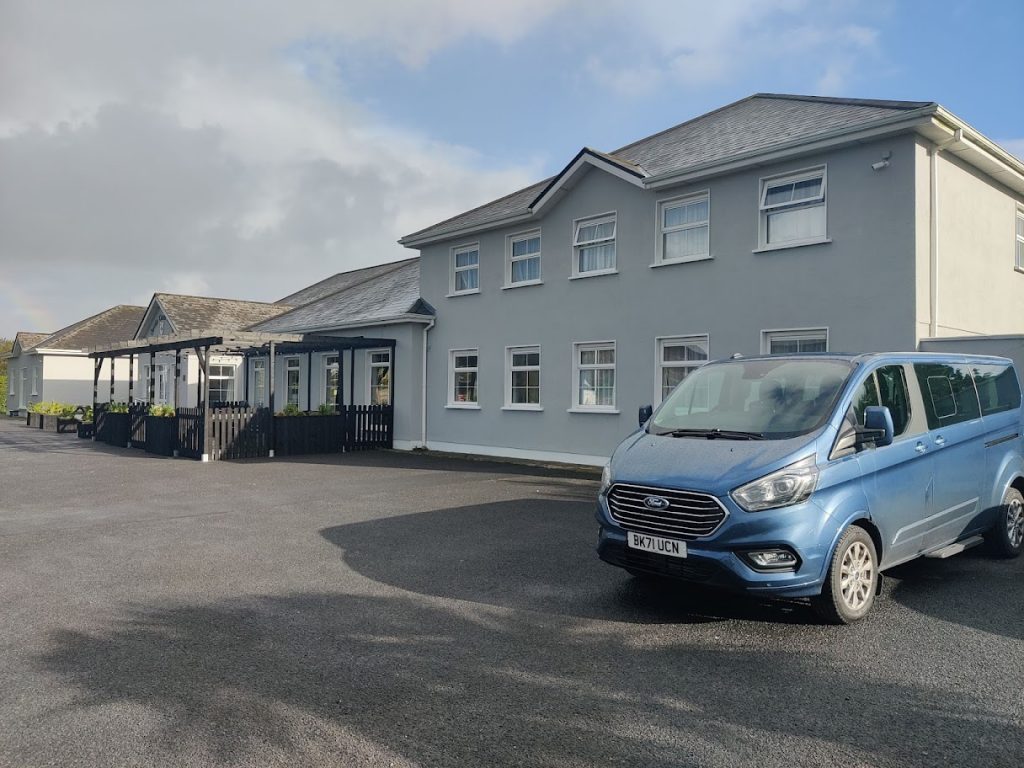
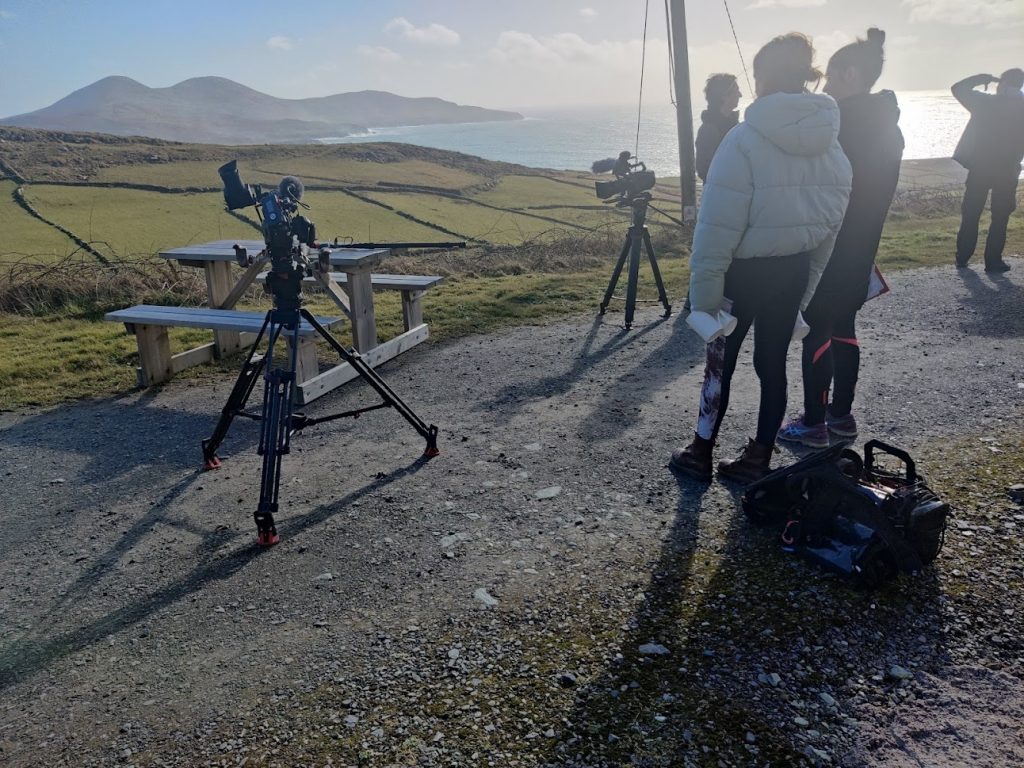
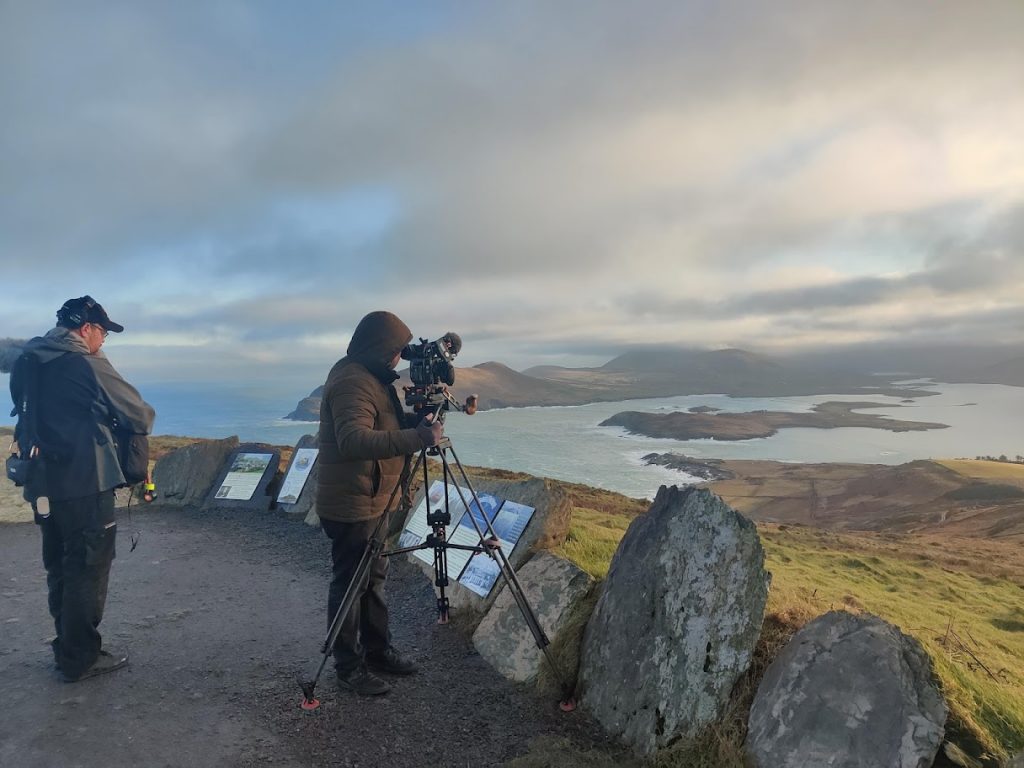
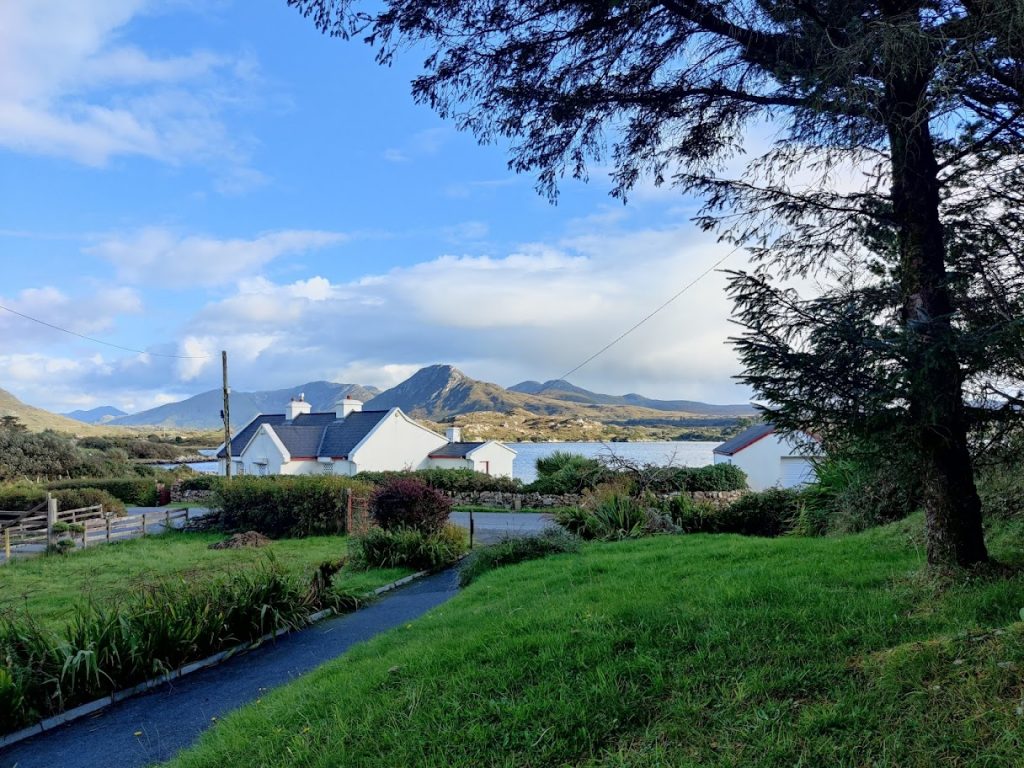
Conclusion and Action Plan: I realise now that I put unnecessary pressure on myself to perform at a high level, and I find it difficult to integrate into a team as a result. I would rather sit back and watch other people do something, rather than ask questions that would allow me to be a better team member myself. This integration into a new team was a real struggle for me at first, and better interpersonal skills with the rest of the crew would’ve been beneficial.
“The likeability factor is a strong indicator of future success for many employers. Since working in the media often involves working in small teams, you need to show you are easy to get along with, which means to an employer that you will probably work well in a team”.
(Mazierska 31)
The challenges that I went through were difficult at the time, but now in hindsight I realise how beneficial they have been for my long term development as a person in the production industry. The main thing I have taken away from this experience is that I need to stop exaggerating the magnitude of tasks in my mind before I undertake them, I think that this has hindered my ability to work at a level that I am capable of. I know that I have the ability to work in the industry, but I need to make more of an effort to integrate into a team to allow me to realise my potential. If I have the chance to be a part of more shoots in the future I plan to ask more questions about how and why things are done, and I plan to have more confidence in myself when being presented with new challenges.
References
Fig 1. Jasper, Melaine. “Gibbs’s Reflective Cycle.” Beginning Reflective Practice , 2013.
Mazierska, Ewa, et al. Careers in Media and Film: The Essential Guide. United Kingdom, SAGE Publications, 2008.
Willett, Amanda. Media Production: A Practical Guide to Radio & TV. United Kingdom, Taylor & Francis, 2013.
You May Also Like

Patience is a Virtue
26 March 2022
Improvising like jazz
27 March 2022